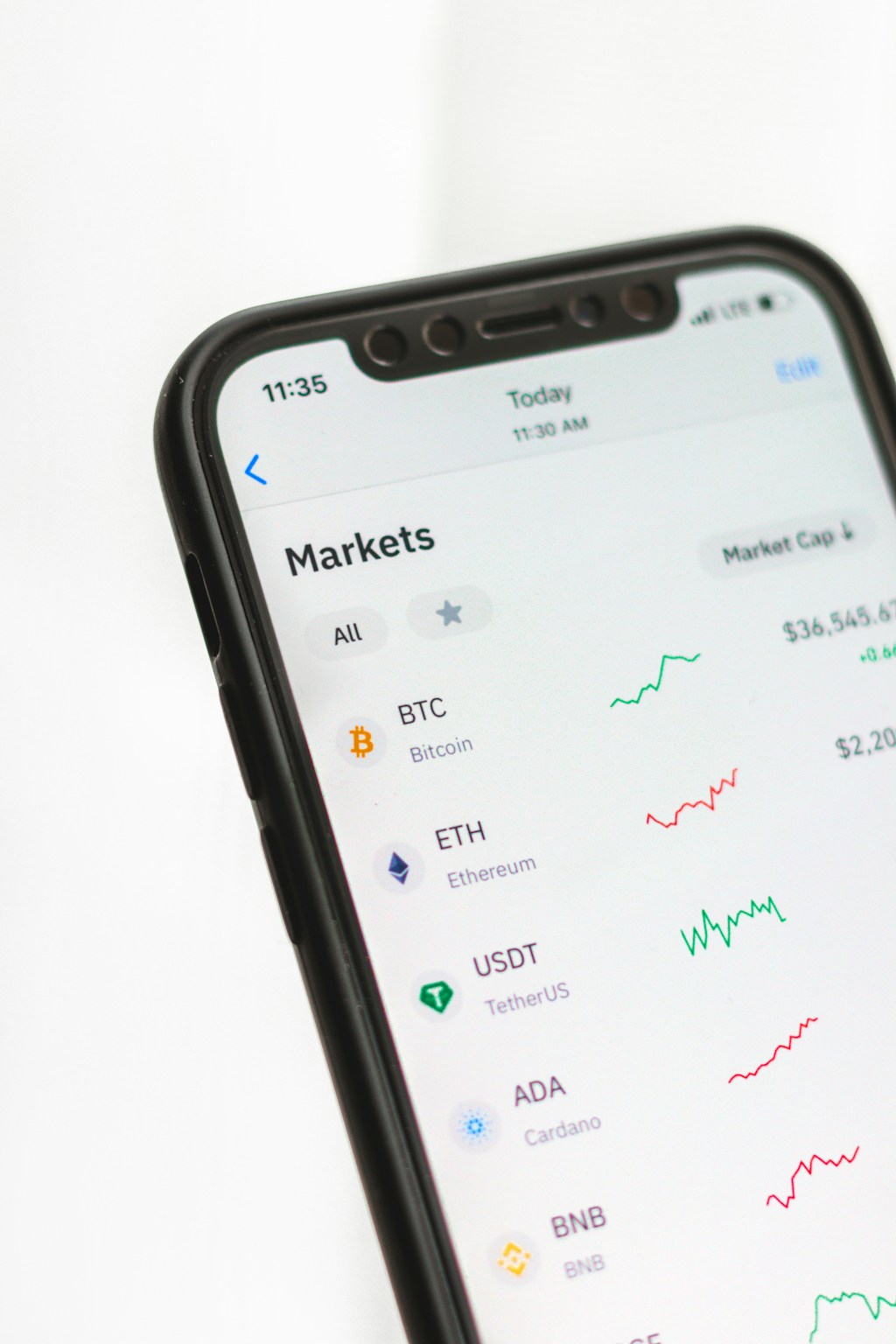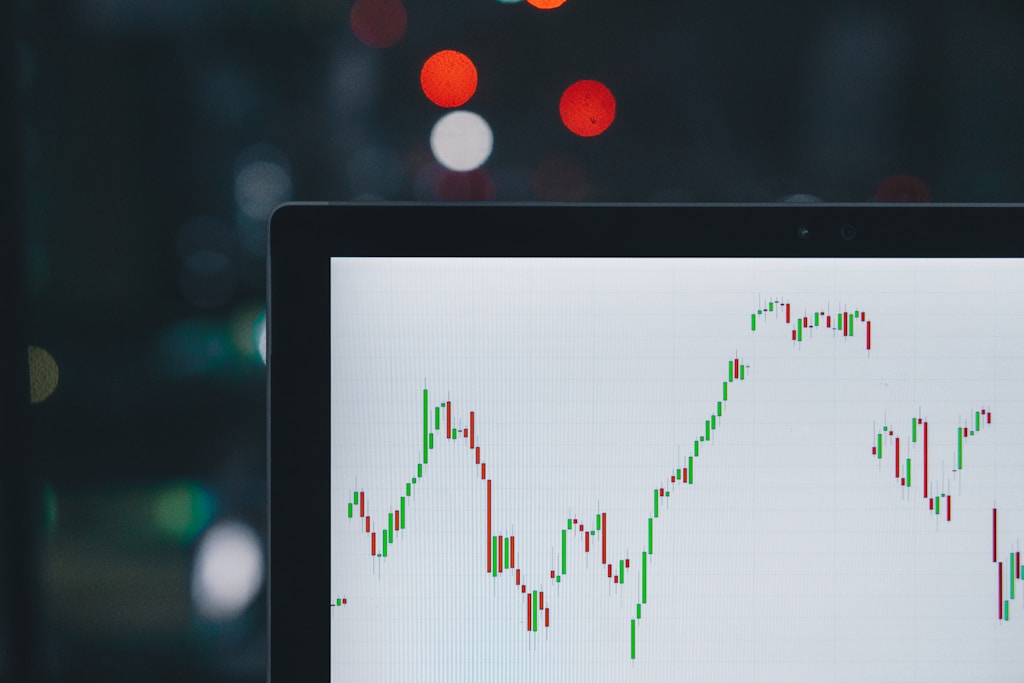Former central banker Mark Carney’s commanding lead in Canada’s upcoming election has sparked intense discussion about the future of crypto regulation in North America’s second-largest economy. According to prediction market Myriad Markets, Carney now holds a 74% chance of becoming Canada’s next Prime Minister – bringing his extensive financial expertise and regulatory background to the nation’s growing crypto sector.
This development comes amid significant shifts in the global crypto landscape, particularly as Trump’s recent involvement in crypto markets has ignited fierce regulatory debates in Congress.
Carney’s Crypto Credentials and Market Impact
As former governor of both the Bank of Canada and Bank of England, Carney brings unprecedented central banking experience to potential crypto policy development. His approach to digital assets could significantly impact Canada’s position as an emerging crypto hub.
Conservative Crypto Agenda Takes Backseat
Conservative leader Pierre Poilievre’s earlier promises to make Canada the ‘Blockchain capital of the world’ have been overshadowed by broader economic concerns. His ownership of Bitcoin ETF shares and pro-crypto stance haven’t resonated as expected with voters focused on inflation and cross-border trade tensions.
Provincial Powers and Regulatory Framework
A critical aspect of Canada’s crypto future lies in provincial jurisdiction over securities regulation. This decentralized approach has led to moderate federal engagement, with most meaningful developments expected to emerge from provincial authorities.
FAQ Section
Q: How might Carney’s leadership affect crypto regulation in Canada?
A: Given his central banking background, Carney is expected to implement more structured oversight while maintaining innovation-friendly policies.
Q: What percentage of Canadians currently own crypto?
A: According to the Ontario Securities Commission, 13% of Canadians owned crypto assets as of 2022, primarily male investors under 45.
Q: How does Canadian crypto campaign financing differ from the US?
A: Unlike the US, Canadian law prohibits corporate funding of political operations, significantly limiting crypto industry influence in elections.





